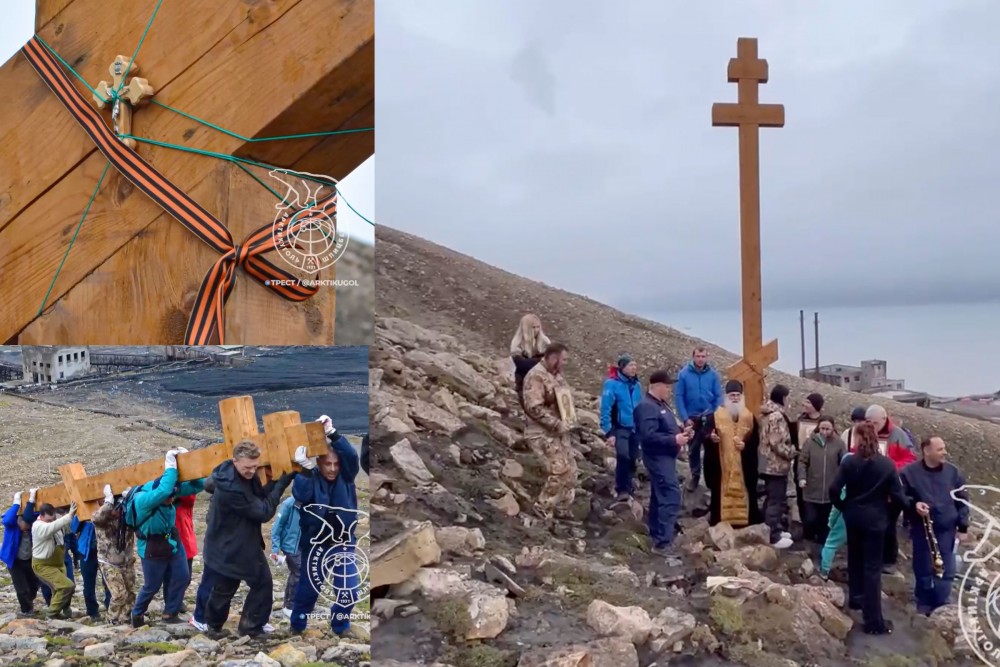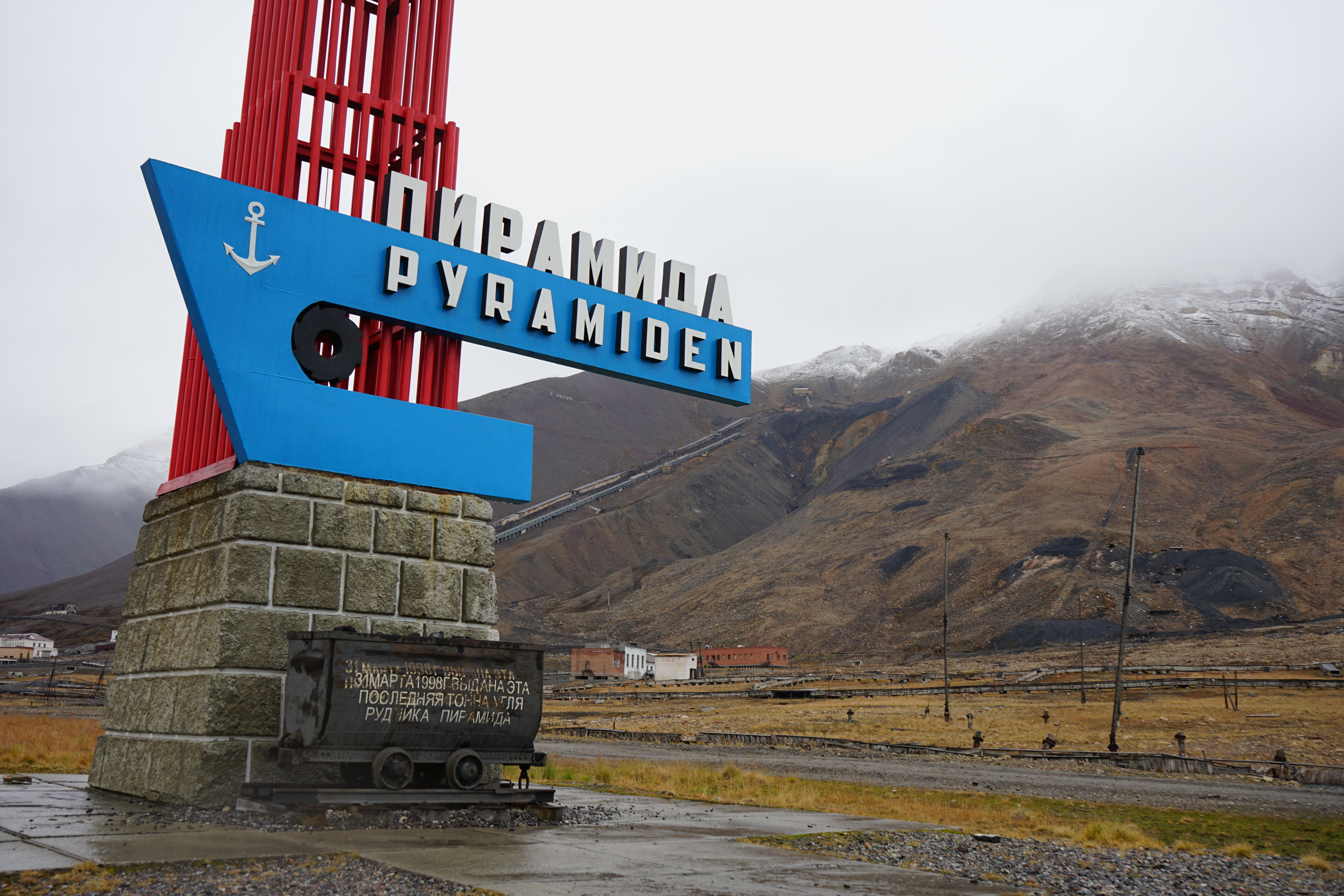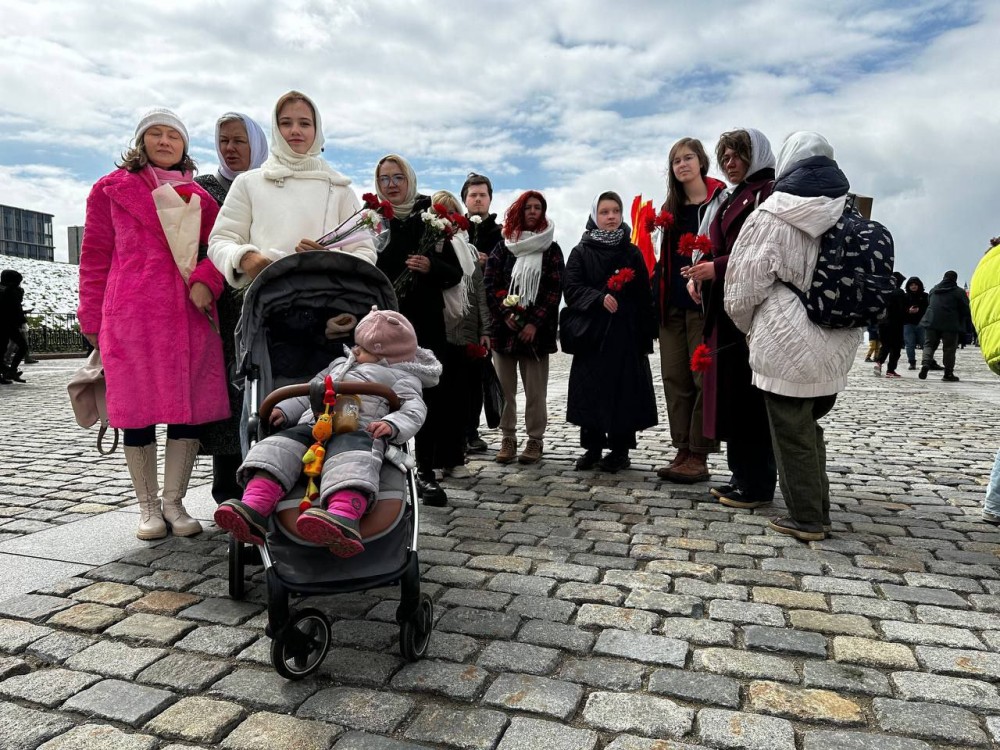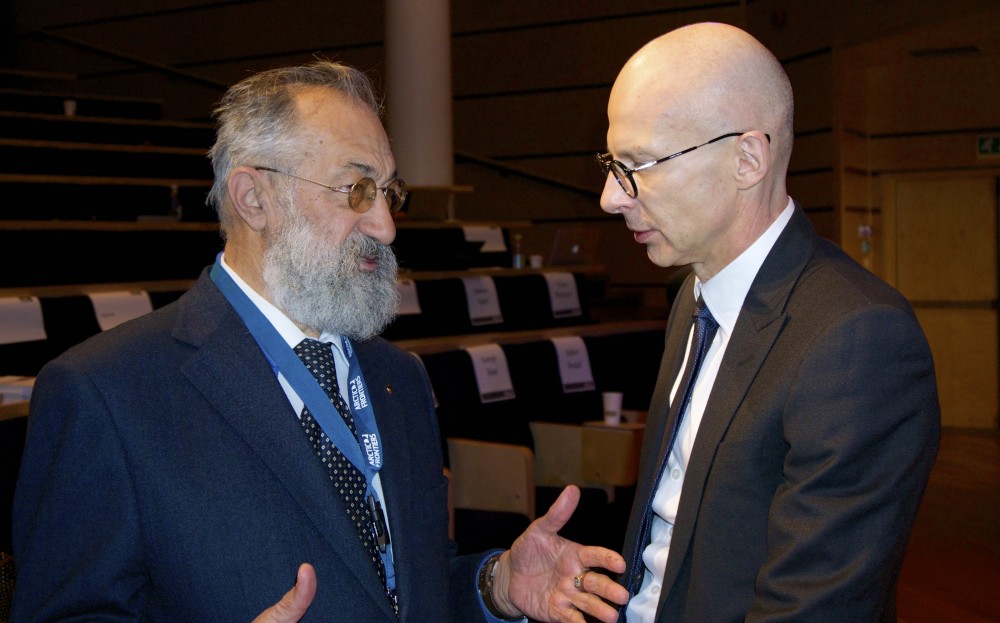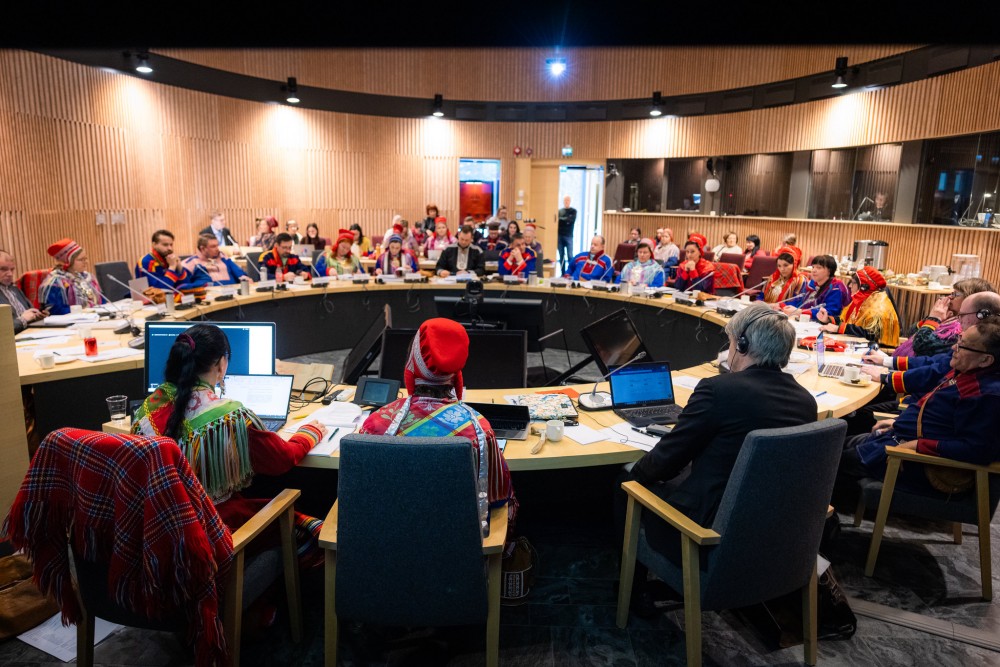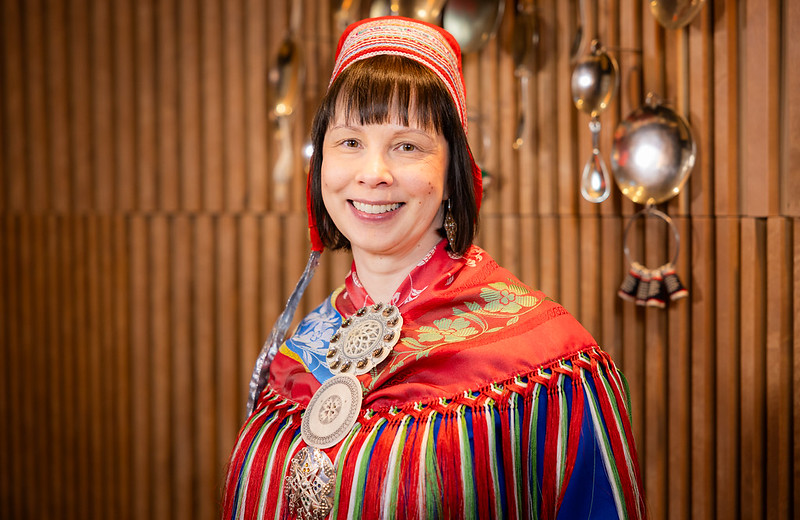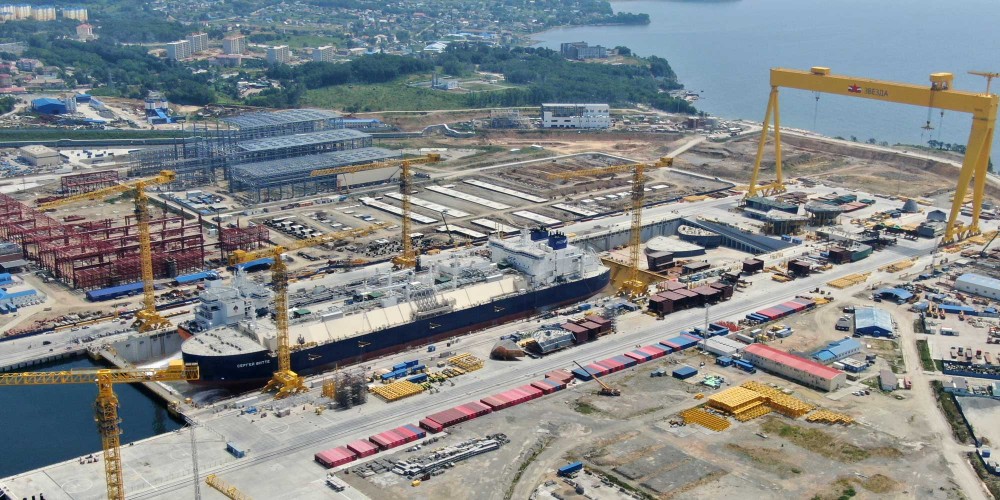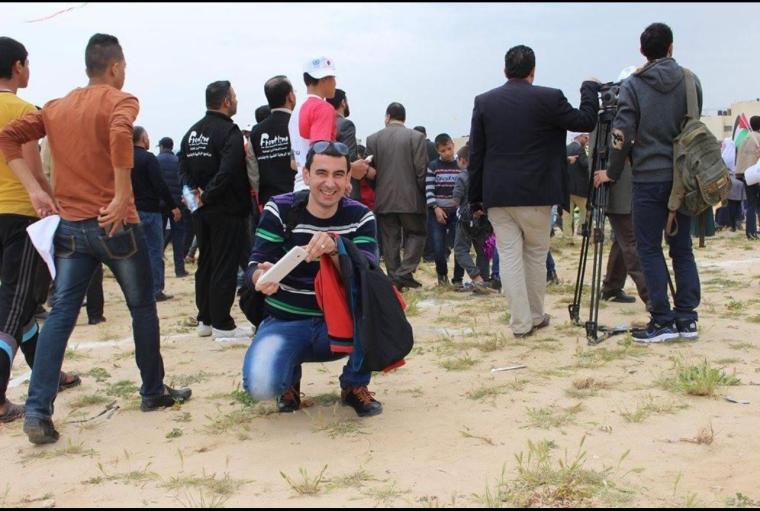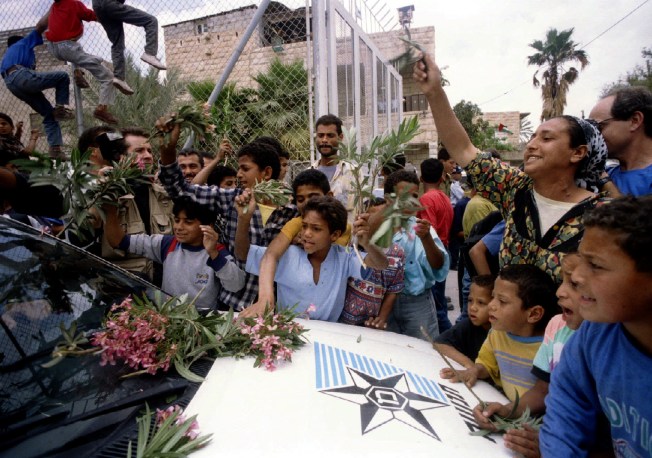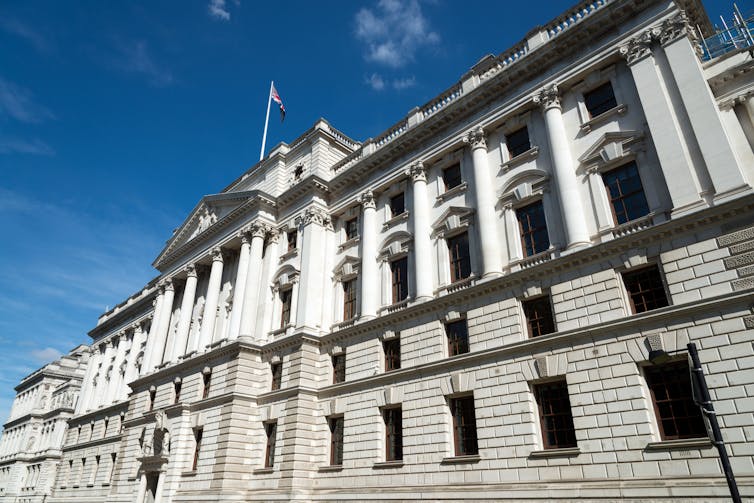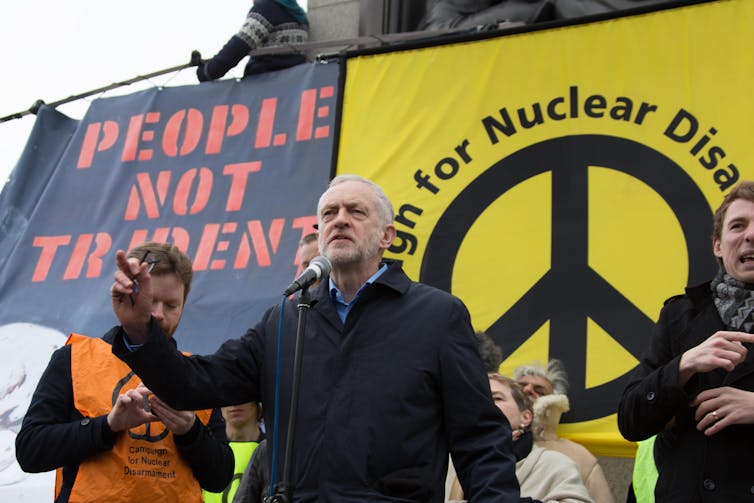June 6, 2024

Meta's logo is seen on a sign at the company's headquarters in Menlo Park, Calif., on Nov. 9, 2022. (Godofredo A. Vásquez/AP Photo)
A software engineer who previously worked for social media conglomerate Meta has sued the company for wrongful termination.
In a lawsuit filed on June 4, Ferras Hamad said he was fired from the position after allegedly investigating pro-Palestinian content, which he said was part of his job at the social media giant.
According to the complaint, which he filed against Instagram’s parent company in California state court in Santa Clara, Mr. Hamad’s role as a software engineer at the company involved overseeing content filters related to the ongoing conflicts in Ukraine and Gaza on Instagram.
Specifically, Mr. Hamad was tasked with investigating what the company referred to as “severe issues,” or SEVs, with the social media platform.
His termination in February, according to the lawsuit, allegedly came as a result of his Palestinian background, as well as Instagram’s handling of an account held by a Palestinian photojournalist.
“Specifically, Plaintiff was scrutinized, interrogated, and terminated because he was of Palestinian national origin and/or Muslim investigating a SEV related to one of the most famous Palestinian photojournalists during the conflict in Gaza,” the complaint states.
According to the complaint, similar procedures were not initiated in relation to other global events, such as the war in Ukraine.
“Plaintiff did not receive similar scrutiny, interrogation, or adverse employment actions when he responded to SEVs related to Ukraine or other world events,” the complaint added.
However, in a statement by Meta, Mr. Hamad is accused of violating Meta’s data access policies, which effectively resulted in his immediate termination, as specified by the company’s code of conduct.
The complaint further states that Meta wrongfully labeled the photojournalist’s account as “pornographic.” Mr. Hamad stated in his filing that his manager initially told him that his actions did not violate company policy and that he handled the issue appropriately.
He was subsequently fired from his role on Feb. 2, for what the company referred to as “a violation of its User Data Access Policy,” according to the complaint.
Furthermore, Meta allegedly accused Mr. Hamad of being personally acquainted with the photojournalist, whose account boasted close to 20 million followers, according to the filing.
“Plaintiff was terminated despite confirmation from Plaintiff’s manager that he had acted correctly and from META’s own security operations personnel unequivocally stating the Plaintiff did not violate META’s User Data Access Policy,” the complaint read.
According to the lawsuit, however, nothing appears to indicate that Mr. Hamad was personally acquainted with the photojournalist. He was born in the United States, and there is no apparent record of him ever visiting Gaza.
Instead, the complaint alleges Mr. Hamad’s termination is the result of Meta’s anti-Palestinian bias, which Mr. Hamad fell victim to.
“In reality, Plaintiff is simply the latest victim of META’s callus, chronic, and consistent anti-Palestinian bias,” according to the complaint.
Meta has denied that Mr. Hamad’s termination was the result of anti-Palestinian bias. NTD has contacted Meta for further information and a statement but did not receive a reply before press time.



